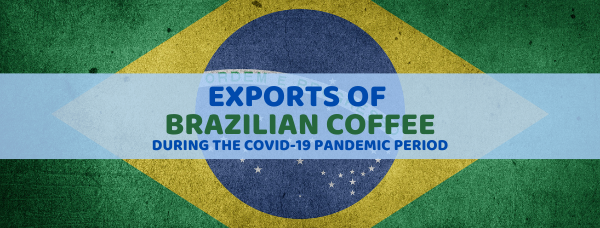While the vaccines have been rolled out and about a growing majority of people across the globe being vaccinated, it might be safe to say that the pandemic is towards the end, provided no other vaccine-resistant variant comes along. The first half of 2020 was indeed painful to the hospitality sector worldwide, with the latter half showing promising signs of
Aftermath of the pandemic on the Irish coffeescape










